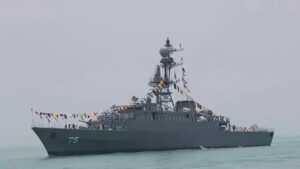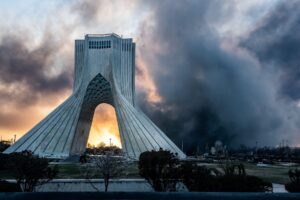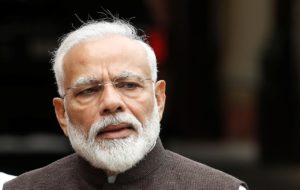Why Can’t Nations Get Along With Each Other? It Comes Down To This…
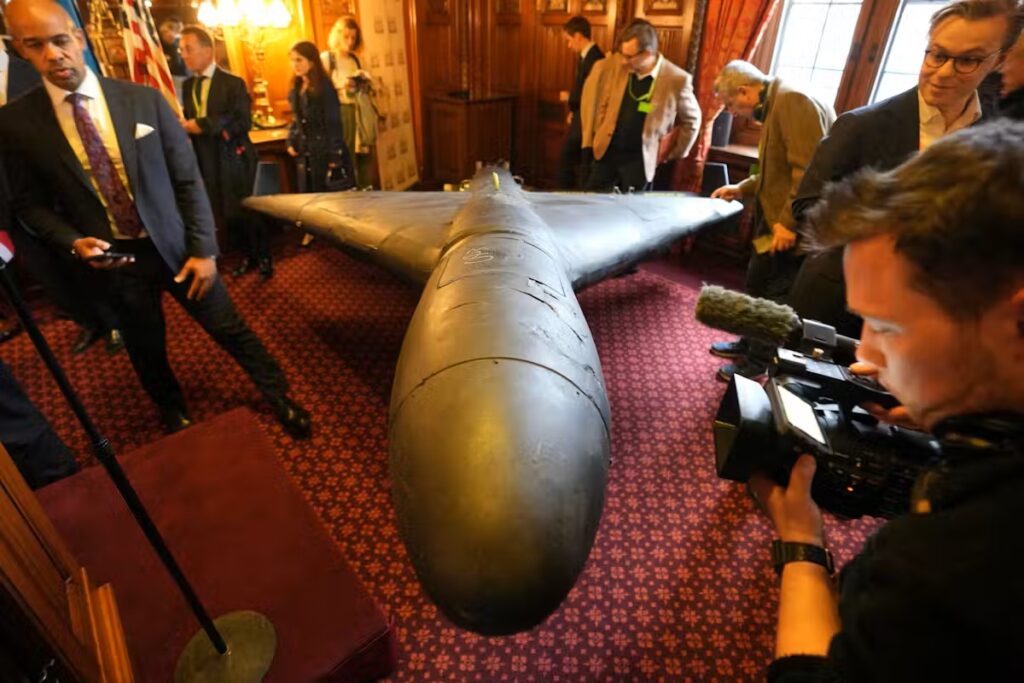
Military spending means war is always on the horizon (AP Photo/Kin Cheung)
Countries often share similar goals, such as peace and prosperity for their citizens, so it might seem strange that they find it hard to get along. Cultural differences may sometimes cause countries such as China and the United States to compete for global influence, but even countries sharing similar values or cultures still find reasons to clash.
So why do countries compete or even go to war? As a political science scholar researching some of the most conflict-prone regions in the world, I find that the answer often comes down to three factors: scarcity, uneven distribution and perception.
Scarcity leads to hard choices
Scarcity is the reality that there are not enough resources – such as food, oil, water and land – to go around. While countries would prefer to pursue all the resources they need, they are forced to prioritize the resources that will make them most secure.
For instance, the Nile River serves as a water resource for more than 300 million people in 11 countries in Africa. However, because water is a scarce resource used for drinking, irrigation farming and hydroelectric power, countries such as Egypt and Ethiopia have often fought about using the river.
Uneven distribution means relying on others
Uneven distribution means that not everyone starts off with the same resources. Nations have different levels of power and capabilities, and this shapes how they calculate risk and opportunity when dealing with each other.
For instance, countries concerned about the United States’ dominant power joined together in a rival international organization known as BRICS+ in 2009. Its founding members include Brazil, Russia, India, China and South Africa, and several other countries have joined over the years.
Perception can lead to misunderstanding
Perception is how countries view each other’s actions. A nation can build up its weapons to be safe from potential attacks, but another nation might view this move as threatening rather than defensive.
For instance, India developed nuclear capability in the 1970s to protect itself, but neighboring Pakistan perceived this as a threat and soon developed its own nuclear weapons. The two countries have since engaged in occasional conflict.
Classroom international relations
Countries have leaders with different personal experiences and backgrounds. To understand how countries interact, it is useful to draw an analogy to a classroom simulation I use in my courses.
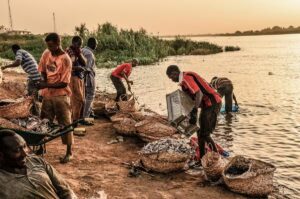
Annabelle and Morgan are two good friends who are taking a course in international relations. For a simulation game, their teacher assigns Annabelle and Morgan to lead two different groups. Their classmates are also assigned to be leaders of a handful of other groups. Each group must decide how to spend its resources, build its industries and form partnerships.
In the game, scarcity was represented by a set number of points both groups could use to purchase resources. Since there were not enough points to provide everyone with everything they desired, each group had to prioritize needs. Should they invest more points in defense, social goods or industry?
Annabelle’s team started with 100 points and Morgan’s team started with 30. That uneven distribution mattered. Annabelle’s group could comfortably invest in industry, while Morgan’s had to focus on survival. Morgan’s group had to decide whether to trust more resource-rich groups and grow their industry points through trade, or find allies among groups with lots of military resources to prepare for potential conflict.
Perception came in when Morgan’s team was not sure how Annabelle’s team was spending its points. If they were spending many points on military, they could attack another group and steal its points. To protect her group, Morgan decided to form an alliance with two other groups. In return, Annabelle’s group perceived the alliance as a threat and started spending more points on military.
In the final round of the game, Morgan’s new alliance invaded Annabelle’s group and took most of their resource points. Annabelle felt betrayed, since she assumed her friendship with Morgan would allow their groups to work together. Morgan felt uneasy but also justified. She did not know how other members of Annabelle’s group would decide to act, so she prioritized her own group’s safety.
By the end of the game, Annabelle and Morgan were angry and frustrated with each other and their friendship was strained.
Cooperation turns into conflict
Even countries that share common goals or values sometimes compete, and the motivations are rarely simple.
Nations cooperate because it helps them grow, but they also take actions to protect themselves. When two countries compete over similar resources, and when their power balance is not clear, they can get the wrong idea about each other’s actions and engage in conflict. At the extreme, they may even go to war.
Competition and mistrust can arise even among friends who share similar goals. Similarly, while every country might want peace and stability, the forces of scarcity, uneven distribution and perception make it impossible for everyone to get along all the time.
Still, understanding these realities can help countries to build trust and work toward a shared respect that makes peace more likely.

